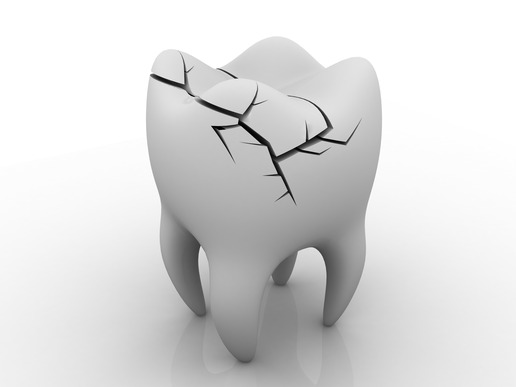
To maintain a healthy oral dentition, brushing at least twice each day with a fluoridated tooth paste is important; floss daily to remove debris your tooth brush can’t reach; and visit your dental provider every six months for a thorough cleaning to remove plaque that has built up since your last visit, have your teeth polished to look their best, and experience that all important dental exam to make sure to keep dental decay and gum disease in check.
But there are other things to be aware of to minimize damage to your teeth …
Teeth grinding – Anxiety can result in grinding and jaw clenching often started subconsciously during periods of sleep. This action can wear away dental enamel, and even result in broken teeth. Symptoms you might experience include awakening with pain in the neck, head, or jaw. A partner may hear your teeth grinding. A solution (besides reducing stress) may be as simple as obtaining a custom night guard from your dentist, which will help to prevent teeth grinding.
Malocclusion – This is a condition where the top teeth do not align properly with the bottom teeth. This can result in improper chewing action. Instead of teeth meeting, they slide off each other. Years of this action can mean premature and unnecessary wear and tear.
Improper teeth usage – Teeth should never be used to open packages or bottles. Nor should the individual bite or chew their fingernails. This not only damages teeth, but is very unsanitary.
Hard objects – Chewing on ice, hard candy, or any hard object can result in damage to teeth.
Worn enamel or a broken tooth can be fixed. That is why regular visits to the dentist are so critical. A cracked tooth may not be visible to you, but resolving this situation early can mean the difference between saving your tooth and losing it. With proper care, your teeth can last a life time.
